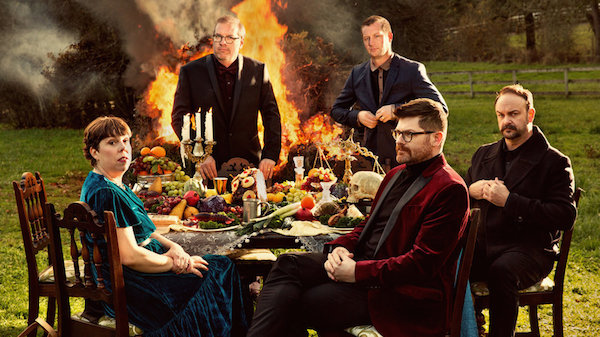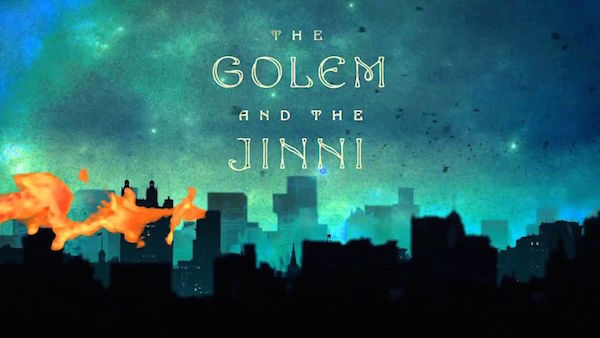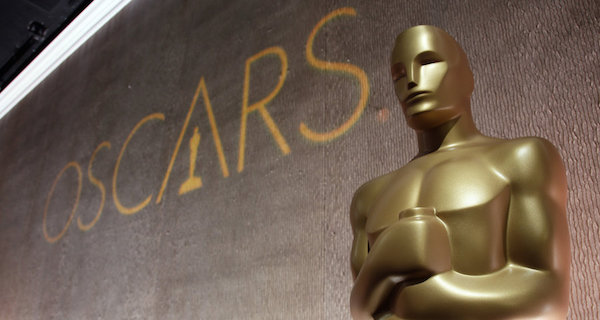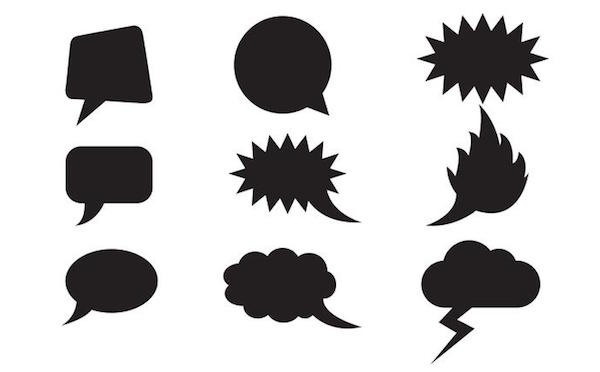Which band has made the most albums you truly like?

Cool bands don’t look at explosions.
One of my favorite bands (The Decemberists) releases their 8th full-length album this week (I’ll Be Your Girl), and I received it a few days early in the mail. After a few listens (it’ll take more to be sure), it’s safe to say that as with all their previous albums, I like it more than I don’t. Even if it isn’t their best, or my personal favorite, it’s still an album I’m glad to have.
Then I realized that this may also make them my definitive, quantitatively-provable favorite band of all time — because of those 8 albums, I like all their albums more than I don’t. Despite any small variances, there are none I would rather they had skipped, none I wouldn’t gladly put on over most other albums even in my own library (at least after removing mood from the equation). And I can only think of one, maybe two other bands for which this is true — particularly for eight albums versus two or three.
Even if there are bands I’m more passionate about, or whose one or two best albums have a vastly bigger place in my heart, by the most measurable metric, The Decemberists win out.



